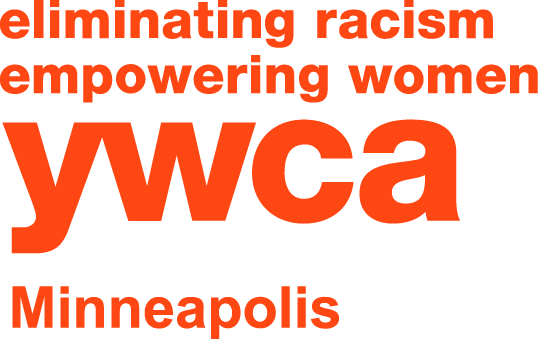Staying Committed to the Fight for Racial Justice
July 2, 2021
It’s been over a year since the murder of George Floyd and the beginning of the racial justice uprising that shook the world. Since then, we’ve witnessed more killings at the hands of police, as well as a surge of violence in Minneapolis that continues to traumatize and hurt our community. Staying committed to the fight for racial justice means being an active witness to the pain and anguish that injustice brings, which can feel unbearable at times.As advocates for racial justice, it is important to continually check in with ourselves to gauge when it’s time for self-care and when it’s time to challenge ourselves to do more.Below, two members of the Racial Justice & Public Policy Team reflect on the lessons this last year brought and share their wisdom on staying committed to the fight for racial justice.
There is No Arrival Point
 “The first step in staying committed to racial justice is to recognize that racial justice is a journey that does not have an arrival point. Staying committed means understanding and addressing a system that was built and maintained for hundreds of years. Achieving a small win here and there is great, but keeping the course is what will make our society a better place for all of us collectively.That means to recognize that injustices do not happen in a vacuum, and we need to aim at changing policies that create institutionalized inequities while continuing to hold individual actors accountable. It also means to engage in continuous self-examinations of the ways we are showing up and mainly consider if our efforts are benefiting the impacted communities directly or is it performative and meant to make the individual/organization look and feel good about themselves.”
“The first step in staying committed to racial justice is to recognize that racial justice is a journey that does not have an arrival point. Staying committed means understanding and addressing a system that was built and maintained for hundreds of years. Achieving a small win here and there is great, but keeping the course is what will make our society a better place for all of us collectively.That means to recognize that injustices do not happen in a vacuum, and we need to aim at changing policies that create institutionalized inequities while continuing to hold individual actors accountable. It also means to engage in continuous self-examinations of the ways we are showing up and mainly consider if our efforts are benefiting the impacted communities directly or is it performative and meant to make the individual/organization look and feel good about themselves.”
- Deqa Sayid, Racial Justice Training Coordinator
Break Down Barriers to Justice
 “Activist Marie Beecham reminded us over the summer that racial justice work is not personal development work. This resonant reminder builds on Layla F. Saad’s work in Me and White Supremacy, that this work is not to get a “gold star” but to center the liberation of Black, Indigenous and other People of Color (BIPOC) communities. Centering BIPOC liberation means that, in particular for those of us with white and dominant culture privilege, rather than reaching for the next step in the process, we need to consistently seek out ways to break down structural barriers to justice in our personal and professional spheres of influence.”
“Activist Marie Beecham reminded us over the summer that racial justice work is not personal development work. This resonant reminder builds on Layla F. Saad’s work in Me and White Supremacy, that this work is not to get a “gold star” but to center the liberation of Black, Indigenous and other People of Color (BIPOC) communities. Centering BIPOC liberation means that, in particular for those of us with white and dominant culture privilege, rather than reaching for the next step in the process, we need to consistently seek out ways to break down structural barriers to justice in our personal and professional spheres of influence.”
- Luna Allen-Bakerian, Race Equity & Public Policy Strategist
Attend an Upcoming WorkshopLearn More about YWCA's Racial Justice Work
